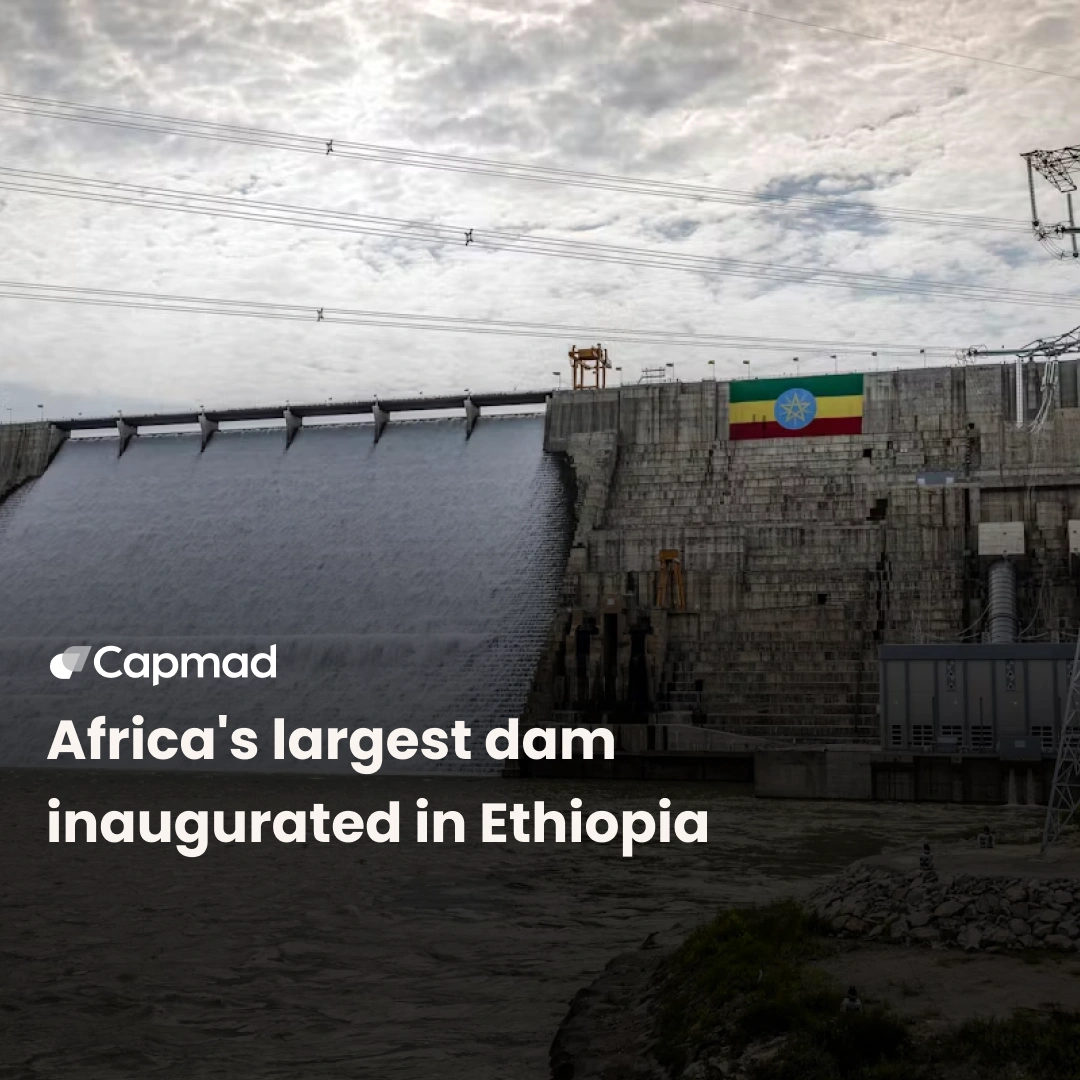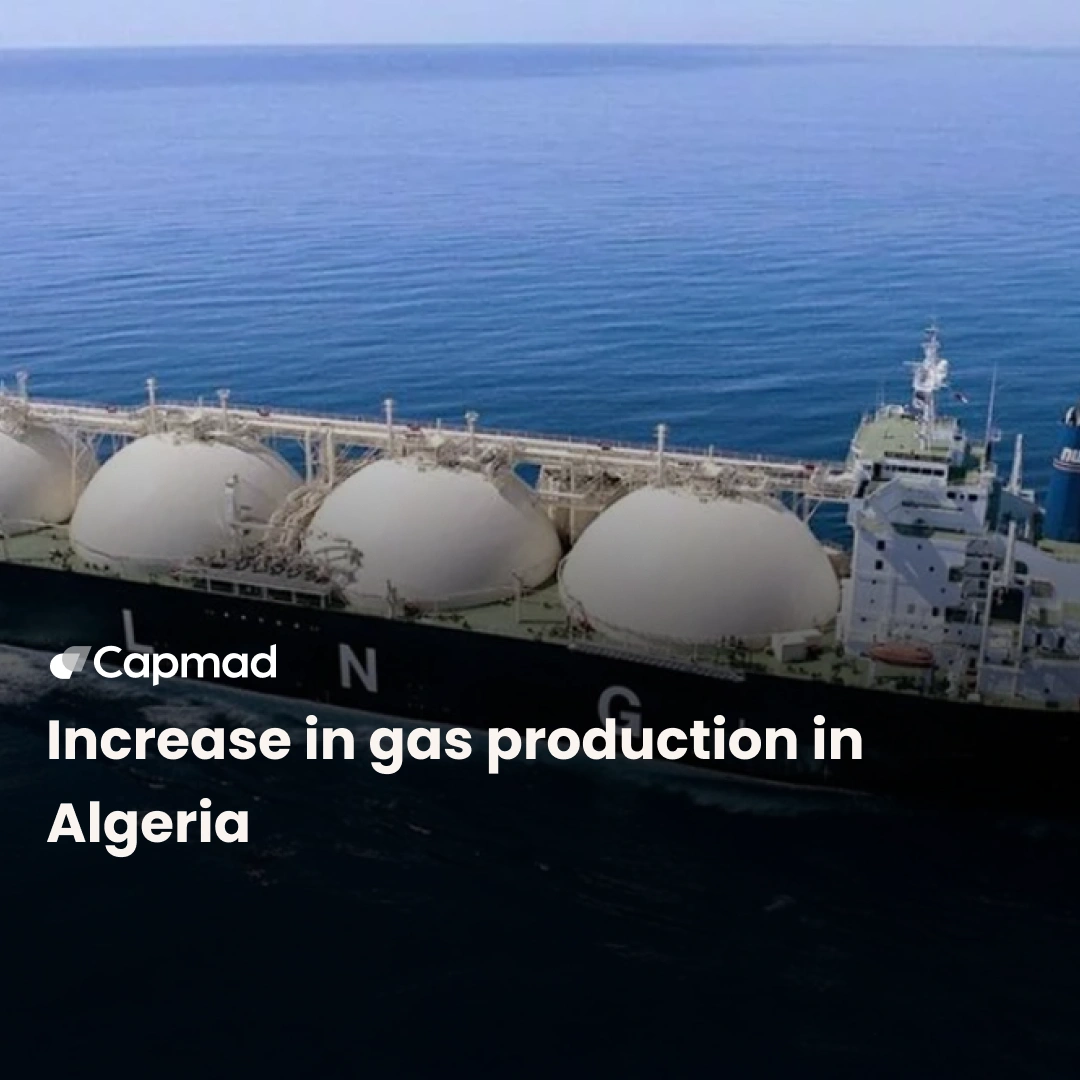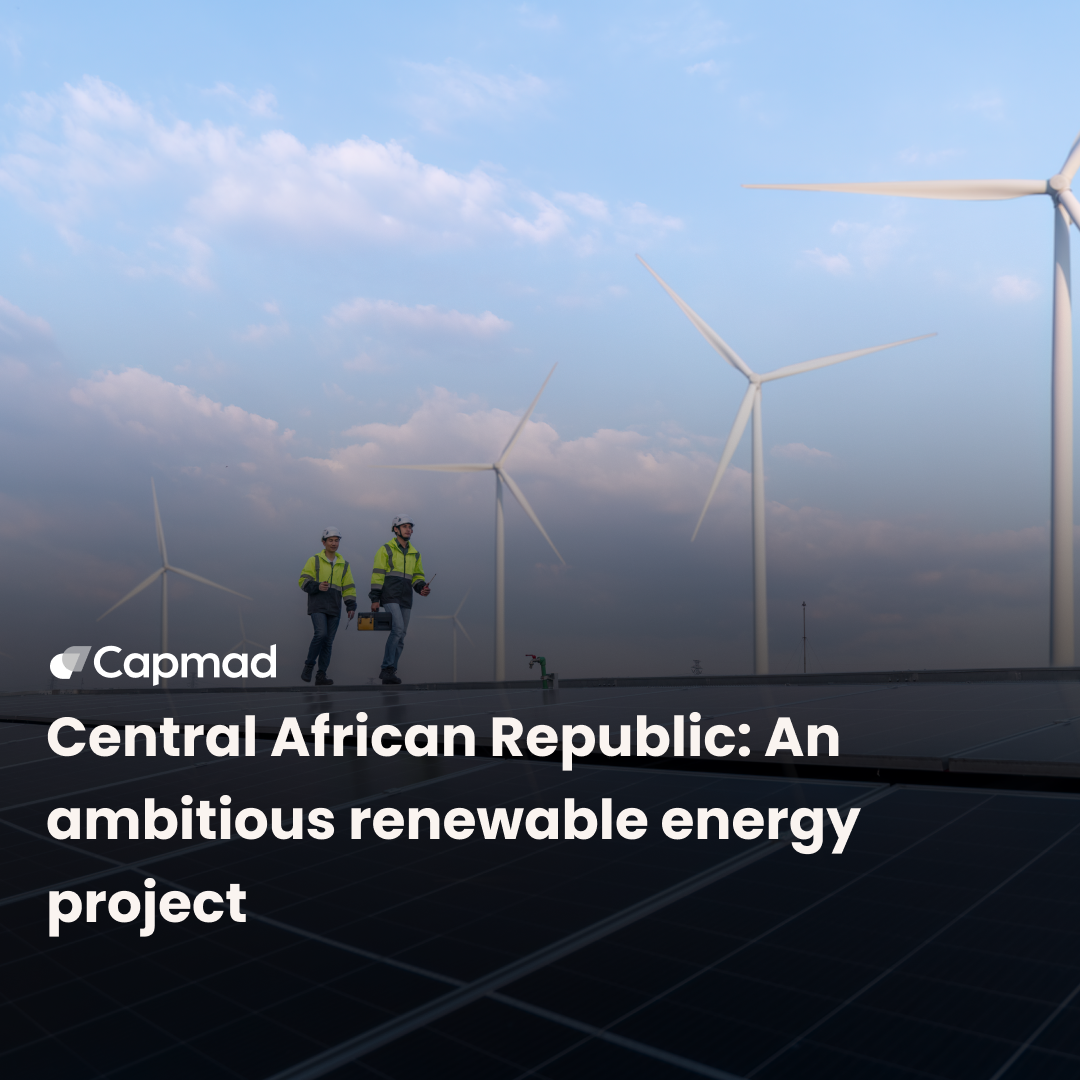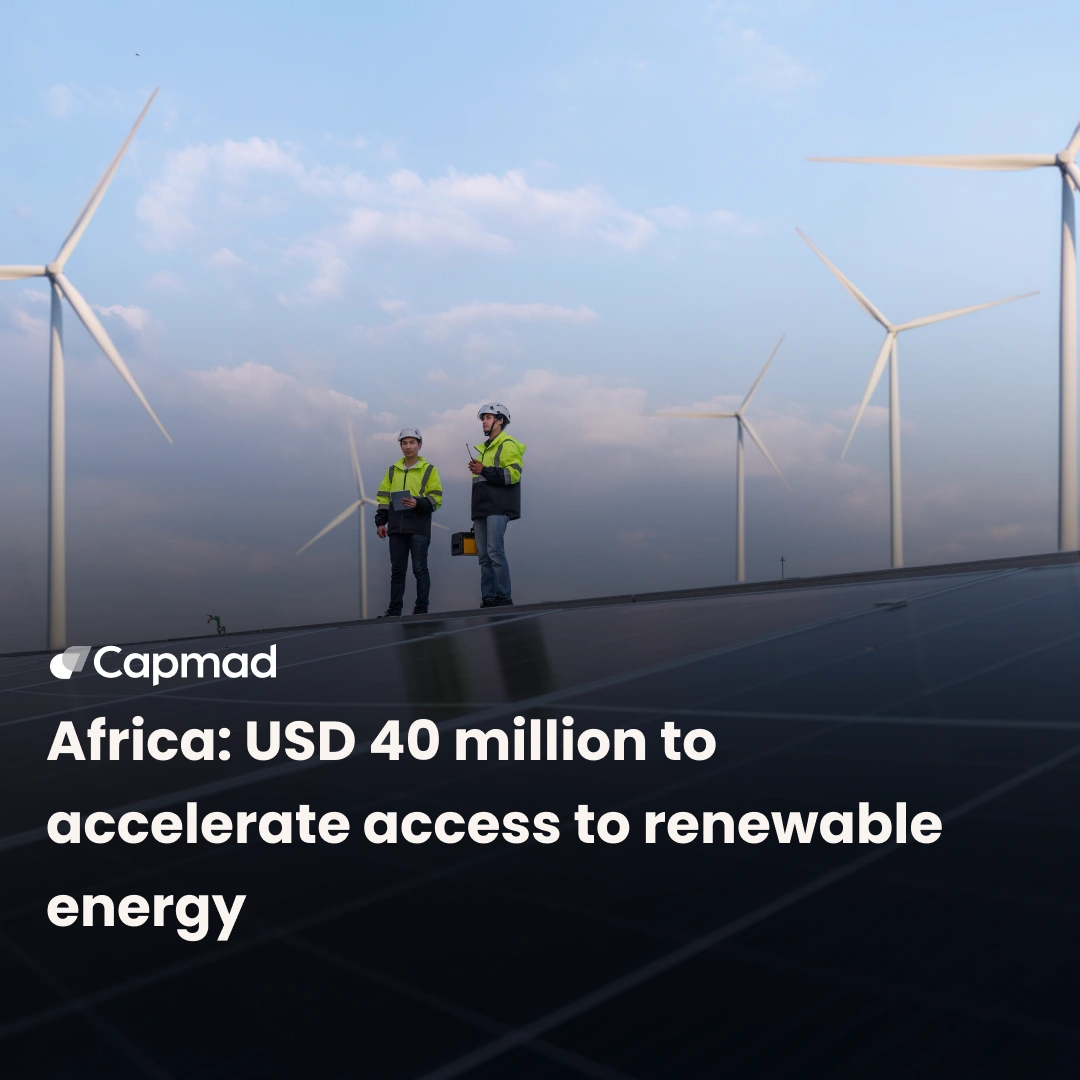In 2024, Senegal made significant progress in the oil sector, with production far exceeding initial forecasts. This development marks a crucial step for the Senegalese economy, which seeks to diversify its sources of revenue and reduce dependence on international aid. Capmad explores the reasons behind this exceptional performance, the implications for the country, and the challenges ahead to ensure sustainable growth.
Background of the oil sector in Senegal
Senegal began exploring its oil resources in the 2000s. However, it was not until 2014 that major discoveries were made, notably in the Sangomar and Yakaar-Teranga fields. These discoveries sparked great interest from foreign investors and are seen as a potential turning point for the country’s economy. The Senegalese government has established a favorable regulatory framework to attract investment while ensuring the benefits of oil exploitation are shared with the population.
Production exceeding expectations
In 2024, Senegal’s oil production reached unprecedented levels, with daily extraction exceeding 100,000 barrels. Initial forecasts estimated output at 70,000 barrels per day, but thanks to technological advances and efficient resource management, the country significantly increased its production.
This performance is supported by massive investments in infrastructure and the training of local workers, allowing for more efficient resource exploitation.
Factors of success
Several factors contribute to this success:
1. Foreign Investments : Multinational companies such as BP and Kosmos Energy invested billions of dollars in developing the oil fields. Their technical expertise and ability to mobilize financial resources are crucial to the success of the exploitation.
2. Public-Private Partnerships : The Senegalese government has established strategic partnerships with private companies, fostering an investment-friendly environment. These collaborations help anticipate risks and optimize resources.
3. Training and Skill Development : Senegal emphasizes training its local workforce, ensuring that Senegalese people can actively participate in the oil industry. This has not only created jobs but also strengthened local capacities.
4. Political Stability : Senegal’s political stability is a major asset in attracting investors. The country is known for its stable democracy and commitment to good governance, reassuring investors.
Economic implications
The increase in oil production has profound implications for the Senegalese economy. First, it is expected to generate substantial revenues for the state, allowing for investments in essential infrastructure, education, and healthcare. The government plans to use some oil revenues to fund sustainable development projects, thus contributing to poverty reduction and improved living conditions.
Moreover, the rise of the oil sector could stimulate other sectors of the economy, such as construction, services, and trade. Job creation in the oil industry could also have a ripple effect on the local economy, increasing demand for goods and services.
Challenges to address
Despite these advances, Senegal must face several challenges to ensure that oil exploitation truly benefits its population.
1. Resource Management : The government must establish transparent mechanisms for managing oil revenues. Combating corruption and mismanagement of resources is essential to avoid past mistakes seen in other resource-rich countries.
2. Environmental Impact : Oil exploitation can have detrimental effects on the environment. Senegal must ensure that environmental standards are respected and that measures are taken to minimize the impact on local ecosystems.
3. Economic Diversification : Although oil can generate significant revenues, Senegal must also work to diversify its economy to avoid excessive dependence on a single sector. Developing other industries, such as agriculture, tourism, and information technologies, is essential for ensuring sustainable economic growth.
4. Social Inclusion: The benefits of oil exploitation must be equitably distributed among the population. The government must ensure that local communities directly benefit from oil projects, particularly through community development programs.
Conclusion
Senegal’s oil production in 2024 has exceeded all expectations, offering the country a unique opportunity to transform its economy. In 2024, the annual production amounted to approximately 16.9 million barrels of crude oil, surpassing the initial target of 11.7 million barrels. For December 2024 alone, the total production from Sangomar amounted to 2.96 million barrels of crude oil. During this period, three shipments, representing a total volume of 2.94 million barrels, were dispatched and sold on the international market.
However, to ensure that this natural wealth truly benefits the population, the government must address several challenges, including resource management, environmental protection, and social inclusion. By adopting a responsible and sustainable approach, Senegal can not only leverage its oil resources but also build a prosperous future for all its citizens.






